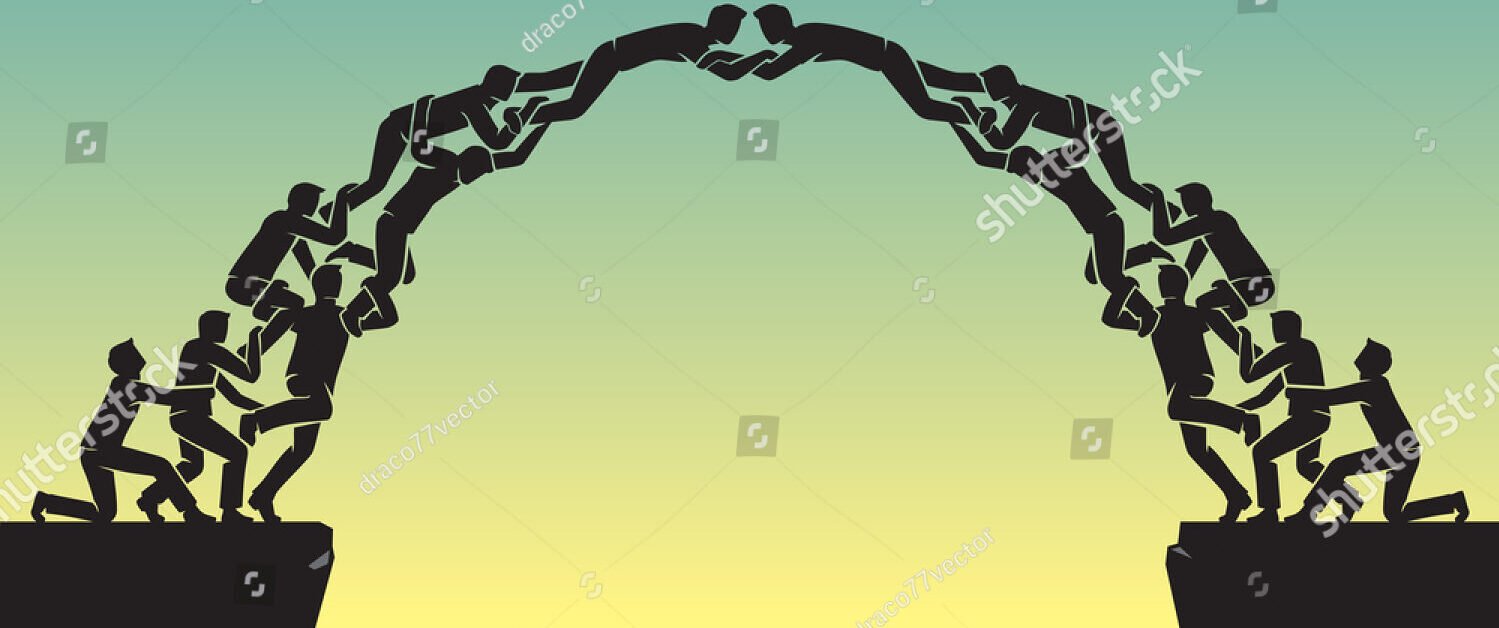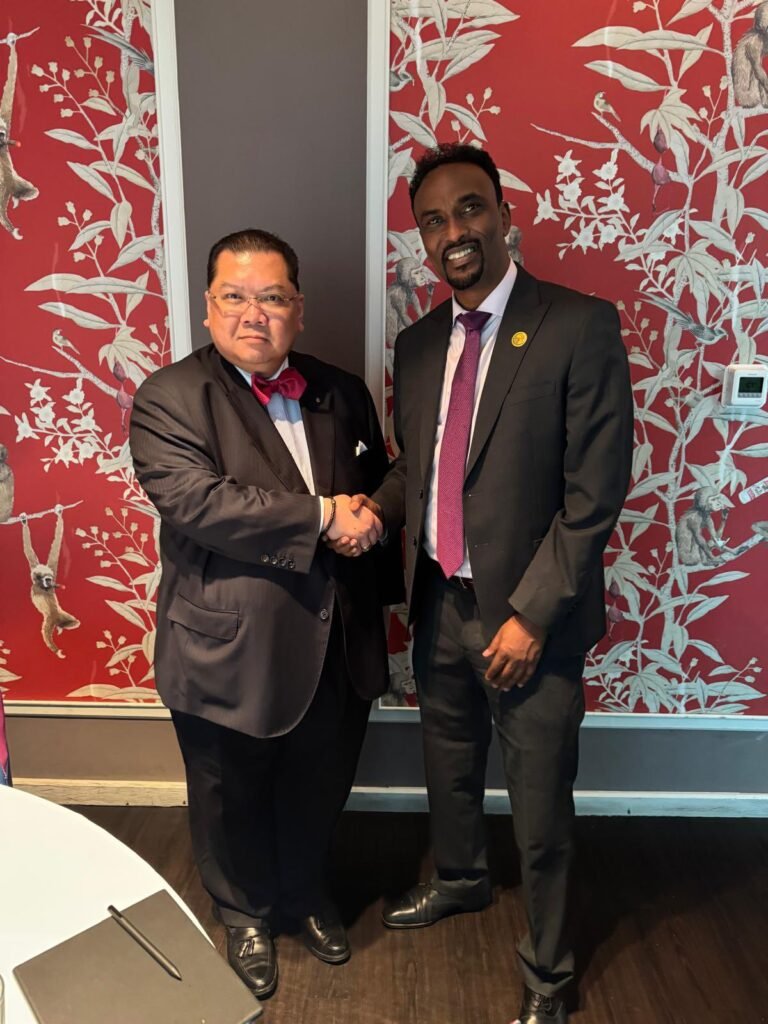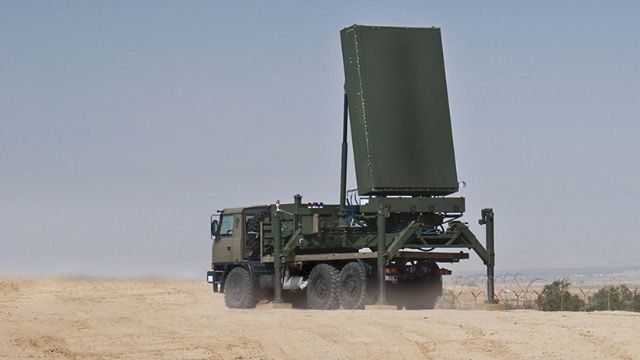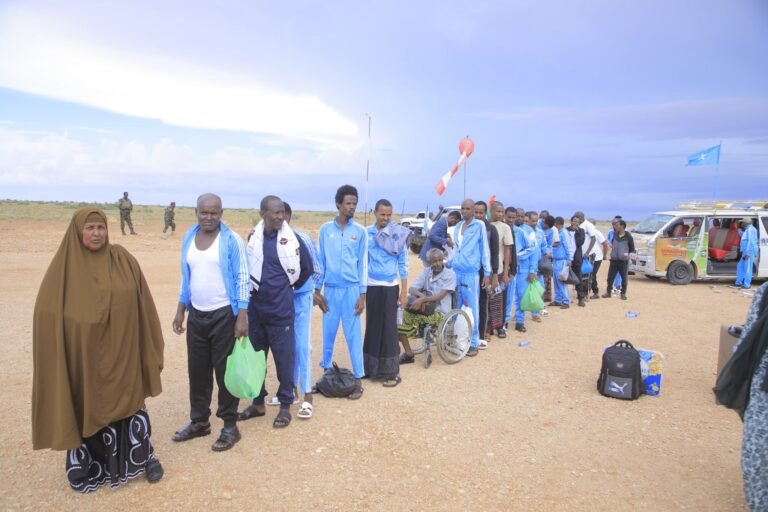
Somaliland stands today at a historic moment in modern African history, much like the American Union did in Abraham Lincoln’s time—a test not of power, but of principle. Lincoln, in his Gettysburg Address, spoke of a government “of the people, by the people, for the people.” These are not merely words engraved in stone—they are a creed echoed in the mountains of Somaliland, where, without the help of great powers or international benefactors, a people have governed themselves, elected their leaders, and forged unity through consent rather than conquest.
And yet, while Somaliland walks in the spirit of Lincolnian ideals—democracy, self-determination, and the moral authority of the governed—their example is met not with recognition, but indifference from the very powers that claim to champion these values. Washington and London, guardians of the liberal democratic order, have offered rhetorical admiration but no concrete recognition. They risk becoming latecomers to a moment history will not wait for.
In a world increasingly torn between autocracy and democracy, Somaliland offers something few others in the region can: stability rooted in civic legitimacy. This is not just about borders or flags—it is about the very idea that democracy can thrive in Africa, that peace can be built from the ashes of civil war, and that the consent of the governed is more powerful than the decree of strongmen. But this moment, like Lincoln’s own era, demands clarity of purpose.
Somaliland is not asking the West to invent its sovereignty. It is asking it to acknowledge the truth.
Just this week, for the first time, a high-ranking U.S. official—Deputy Secretary of State Christopher Landau—wrote on X (formerly Twitter) that the United States is “deeply looking’ into reassessing its One Somalia policy, with serious considerations being made to cut off funding to Mogadishu and shift toward direct engagement with Somaliland. Support is already mounting in Washington. U.S. congressmen and former State Department officials have introduced legislation in Congress to recognize Somaliland as an independent state. Even former Trump administration officials have anonymously suggested that President Trump—if returned to office—would likely make the United States the first nation to formally recognize Somaliland.
These are not small developments. They are cracks in a failing diplomatic façade—one long held together by inertia, not principle.
Meanwhile, Somali President Hassan Sheikh Mohamud has engaged in what can only be described as a shameless campaign to derail Somaliland’s forward march. Backed by over $600 million in foreign aid donations,(mostly intended to improve the lives of the poorest people in Somaliahia) his administration has funneled massive sums into powerhouse U.S. lobbying firms to thwart Somaliland’s recognition. But these efforts have yielded little beyond press releases and staged diplomacy.
Now, with international momentum shifting, Mogadishu is playing its last and most dangerous card—fueling instability in Somaliland’s eastern regions of Sool and Sanaag. With backing from “friendly” governments, including Egypt, Turkey and China, money and weapons have flowed into these communities to arm civilians and foment unrest. The objective is clear: to manufacture conflict in an otherwise stable country and delay recognition by painting Somaliland as no different from Somalia—just another volatile, war-torn region unfit for statehood.
Just witness the absurdity of a leaked letter from President Hassan Sheikh offering former President Trump a “deal” to sell him access to Berbera port and airport—as if he were a salesman auctioning off property that does not belong to him, with residents still living inside. It has become the joke of the decade, a symbol of just how detached from reality Mogadishu’s diplomacy has become.
And yet, Somaliland has endured.
Time and again, its people have shown resilience. Its leadership has stood firm. Its democratic institutions—however young—have weathered the storms of subversion and sabotage. It is clear that no amount of foreign meddling can reverse what the people of Somaliland have already achieved through decades of sacrifice and self-reliance.
The danger for the U.S. and U.K. is not merely moral compromise—it is strategic irrelevance. While they debate frameworks and await regional “alignment,” China deepens its port deals, Egypt arms factions, and Turkey builds military partnerships designed to control Red Sea access. These powers are not waiting. They are actively reshaping the Horn of Africa to serve their own authoritarian interests.
The question, then, is no longer whether Somaliland deserves recognition. It is whether the West is prepared to lose what it can no longer afford to ignore.
Berbera’s deep-water port offers unmatched access to one of the world’s most strategic maritime routes. Somaliland’s quiet security cooperation with Western powers is essential to counterterrorism efforts. Its governance model is a living refutation of the myth that African democracy cannot survive without foreign intervention and aid.
Recognition is not a gift. It is long overdue justice. And it is a strategic necessity.
If Abraham Lincoln were to address this moment, he might say that the world cannot endure permanently half free and half indifferent. Somaliland has kept faith with the ideals the West once claimed to globalize—self-determination, democratic governance, and peace through civic strength. It is not Somaliland that stands at the crossroads—it is Washington and London.
Inaction now would not just be a forfeiture of influence. It would be an abandonment of values.
Recognition of Somaliland is no longer a bold move. It is the only responsible one. And if the West continues to stand idly by, history will not just remember who stood in the way of Somaliland’s destiny—but who failed to walk beside it when it mattered most.






